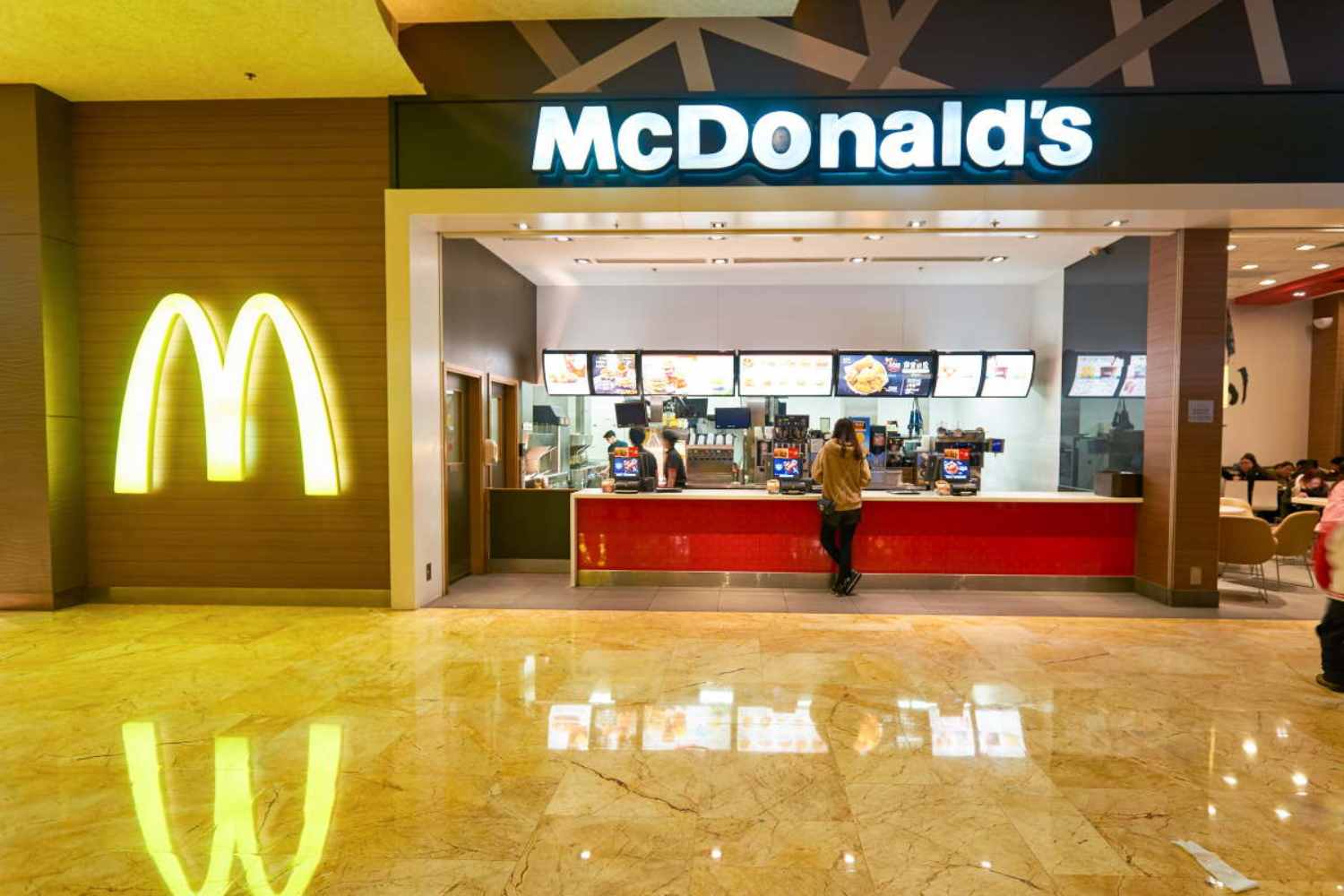An outbreak of E. coli O157 killed one person and compromised the health of 49 others after eating fresh flaked onions and fresh beef patties used in McDonald's Quarter Pounders

@TEA/123rf
An outbreak of a virulent strain of E. coli O157, a notorious bacterium linked with severe intestinal infection, was traced to ingredients in McDonald’s Quarter Pounders. As many as 49 people in 10 states have fallen ill with it, the Centers for Disease Control and Prevention said, and one elderly Colorado man has died from it.
Of those infected, 10 were hospitalized; one of them-a child-developed HUS, a type of potentially life-threatening kidney failure. Symptoms of E. coli infection include severe abdominal cramps, diarrhea-often bloody-and vomiting, beginning usually three or four days after ingestion of the bacteria. While the majority of people recover in a week or less and are never seen in a medical facility, for others-the hospitalized child in this outbreak, for instance-things can get very serious.
The CDC is actively investigating which ingredient is the cause, but officials say it has narrowed down its search to two possibilities: fresh sliced onions or the fresh beef patties used in Quarter Pounders. As a precautionary measure, McDonald’s has stopped serving those ingredients in its restaurants in affected states. In some regions, Quarter Pounders are not currently available.
The problem originated with a single supplier who Served three distribution centers
Already reacting to the outbreak, Cesar Piña, Chief Supply Chain Officer for McDonald’s North America, said it has the appearance of a single supplier serving three distribution centers. McDonald’s has ceased distribution of the suspect onions and is working hand in hand with the CDC to monitor and resolve the situation.
Health authorities are encouraging anyone who has eaten a Quarter Pounder and is suffering from symptoms of E. coli infection to seek medical help immediately. The number actually could be much higher because health officials said it’s likely for every reported infection, many more cases go undiagnosed or unreported.
Unfortunately, this is not an isolated incident. It speaks to a variety of food poisoning-linked cases to the chain, including the 1982 E. coli outbreak and the 2018 cyclospora outbreak, thus raising concerns about keeping vigilance on food safety issues relating to fast-food chains.
Source: McDonald’s / CDC
